How much do you know about the Maltese language? Not much? In this new episode of our series “My language, my home” you can find out more about the language spoken in the small island of Malta.
By Sephora Francalanza – 16.1.2017
Part I: My language, my home, Catalan
As time goes by, the Maltese language seems to be considered as inferior to other languages, especially when compared to English. In a country that is obsessed with the binary, the duality of everything: the nationalist party against the labour party, the rivality between local band clubs, the Maltese language finds itself pitted against the English language. In fact, if you were to ask any Maltese person why they do not give more importance to their language, they would probably say that Maltese isn’t useful anymore, not when it is only used on a tiny island and spoken by only around 400,000 people. However, many do not realise just how unique our language is, how it has changed, and all that it’s gone through in order to survive in its current state, and how incredible it is to still be surviving in 2016.
Although it might sound like a cliché, the Maltese language is indeed a treasure that should be safeguarded. The fact alone that we have our own language pertaining to such a small country; a language that is used in newspapers, literature, on the internet, on TV and in theatre, tends to be forgotten by a lot of our population, when it should be recognised and celebrated. It’s not the first time that I have been asked about my mother tongue by a foreigner, and I almost always receive the same reaction of surprise and fascination when I explain that Maltese is a mixture of influences from other languages and that it is still very much in use to this day. So why do we not find it as fascinating as the foreigners do? Is it because we have grown used to it, or maybe because we despise it for its Arabic roots, or maybe because it sounds barbaric when compared to English? Or maybe it’s simply because we do not know enough about it. When I tell people that I am studying Maltese, I always get the same answer – “But if you are Maltese, surely you already know Maltese, why do you need to study it?”. Oh, but there are so many more things that I have yet to discover! With every lecture that I attend, I discover just how much more I have yet to learn.
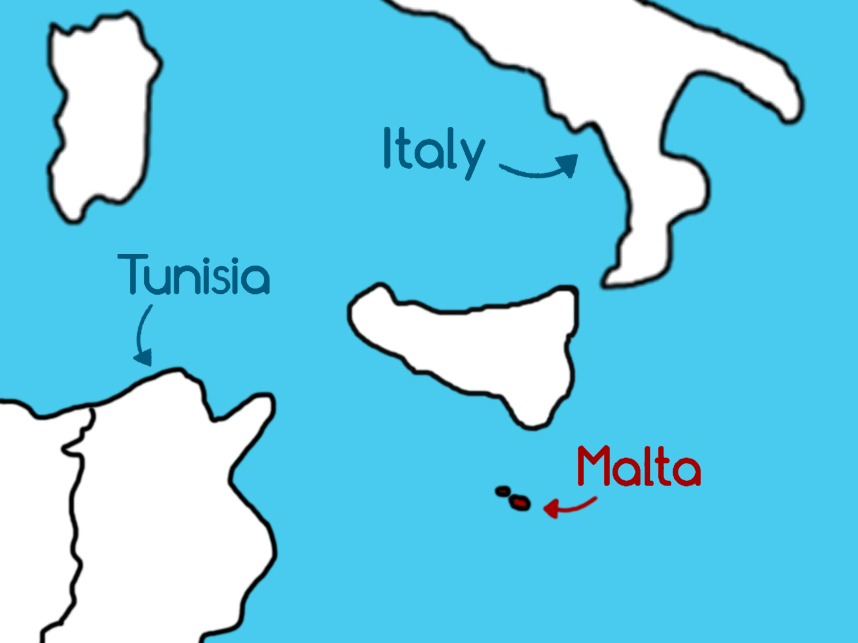
Malta in the Mediterranean Sea
Maltese is the only Semitic language that uses the latin alphabet. The basic grammatical elements like the article, the pronouns, the numbers, the verbal conjugations and the basic vocabulary expressing a simple life, are all derived from Arabic, Arabic dialects, most notably Tunisian. However, the decorative and descriptive aspect of the language comes from the Romance languages, languages that developed from Latin. How does this work? Basically, it is as if the door is Arabic, whilst the overdoor that decorates it is Romance, or Italian to be more precise. This simile works on multiple levels as the Maltese word for door ‘bieb’ (pronounced: /bæb/) comes from the Arabic word باب /bab/, whilst the Maltese word for overdoor is the same as the Italian: sopraporta. This shows how the basic word is usually Arabic, whilst the more decorative are usually Italian, Sicilian, French or Spanish in origin. Thus we add Italianate prefixes and suffixes to a word of Arabic origin and this gives the truly unique element that makes up the Maltese language.
Arabic words in Maltese are now slightly different to contemporary Arabic words as these words were adopted by the Maltese hundreds of years ago and were subsequently isolated on a sea-locked island away from other Arabic speaking countries, and so they developed in different ways. Maltese has therefore retained archaic Arabic words, similar to those that appear in the Qu’ran, like the Maltese word for bed, ‘sodda’ which comes from classical Arabic, whilst in spoken Arabic, the word used is ‘alfarash’, from where the Maltese word for bedsheets, ‘friex’, is derived.
As the years went on, after Malta passed into the hands of various European rulers, Malta and its language started becoming more and more Europeanised. Nowadays, the Maltese words for ‘good morning’ and ‘good afternoon’ are ‘bonġu’ and ‘bonswà’, which come from the French salutations ‘bonjour’ and ‘bonsoir’. However the French came to Malta in 1798 and the Knights of St. John were here in 1530, so what did we use before this time? Instead of ‘bonġu’ we used ‘sbieħ il-ġid’, translated as ‘the dawn of prosperity’, an expression that sounds too stiff and strange to our ears nowadays.
Add English to the recipe and you will get the Maltese language as it is used today. Whilst English is infiltrating every language through new technological jargon, in Malta this influence is enhanced as English is one of our official languages. As a bilingual population, Maltese people are constantly trying to find the balance between the two languages. Most of the media that we consume uses English and as a result, some of us find it easier to express ourselves in English, especially considering that some of us have attended a private school where English was spoken at all times, except during Maltese language lessons. This is such a pity, because what can be more apt to express just what you feel than your own language? Unfortunately, today one also encounters an increasing number of people who are constantly code-switching between English and Maltese and as a consequence, do not have any mastery of either language.
Despite all this, in Malta we still have very distinct variances in the language, that is, the dialects. Even though Malta is a tiny country in the middle of the Mediterranean sea, a dot on the map, we nonetheless have our own language. Moreover, it also varies from village to village. Many studies have been, and still are, carried out on the dialects used in some parts of the country, that are kept alive not only by our older generations but also through our youth who grew up speaking in these dialects, like the dialects of Żebbuġ, Qormi, Żejtun, the Cottonera area as well as Gozitan, where the variances of Maltese are all the more pronounced, especially in Xewkija and Nadur. For example, both in Xewkija and in the Cottonera area, there still are people who “speak with the k”, that is, they pronounce the ‘q’ as a ‘k’ sound, rather than use a closed glottal sound like the prevailing majority. And so, words like ‘qattus’ (cat) /ʔɐttʊs/ and ‘qamar’ (moon) /ʔɐmɐr/ become ‘kattus’ /kɐttʊs/ and ‘kamar’ /kɐmɐr/. In Għarb, a small village in Gozo, some people voice the usual silent ‘h’ and pronounce ‘deħeb’ /dɛhɛp/ instead of ‘deheb’ /dɛːp/ (gold), and thus take the language closer to our Arabic roots. This pronunciation is slowly dying out, and has been cast aside as it is seen as an old-fashioned habit, but one has to appreciate the fact that it is still being used in 2016.
There are many linguists and researchers in fact, who appreciate and marvel at our language, who study and examine it; because languages are living things, which continue to develop and grow while teaching us about their history, and that of the country and the society to which they pertain. You can imagine my surprise at hearing a German woman discussing the etymological roots and the grammatical ins and outs of the Maltese language with other foreigners. I approached her and asked how how she came to know so much about Maltese. She is a German linguist who chose to focus her studies on the Maltese language and she visits the country from time to time to hear and observe how Maltese people communicate with each other and to try to understand our language more. She also added that Maltese is one of the languages taught in a university in Bremen, in Germany. I thought to myself, “Wow, here is a foreigner who has taken so much interest in our language while the majority of the people in this island tend to shun it and are almost embarrassed to use it,” as we tend to see it as too informal. In fact, in writing a formal letter or email, or even when making a phone call regarding an appointment, we have started using English because we deem Maltese as too inferior. This attitude needs to be shaken up, in my opinion. If we, the children of our mother tongue are not making the effort to keep it alive, then who will?
To bring this article to a close, I have chosen some verses from a poem by Anastasju Cuschieri, that appeared in the magazine ‘Leħen il-Malti’ (The Voice of the Maltese) in 1937, which are still valid to this day.
Fost l-ilsna kollha, ja lsien pajjiżi,
Isbaħ u bħalek jien ma narax;
Ruħi mingħajrek, bħal fomm imbikkem,
Li jrid jitkellem u ma jistax.
Għani f’faqartek, kbir fi ċkunitek
Taqbel ma’ qalbi, taqbel mal-ħsieb;
Bik fuq xufftejja il-mewt għad nara
Tad-dinja l-oħra tiftaħli l-bieb.
Among all the tongues, oh native tongue,
None compare to you and your beauty;
Without you my soul is like a mouth sewn shut,
That needs to speak out but can’t.
In your simpleness there are riches, greatness in your smallness
You match my heart and my thoughts;
Yours will be my last words on my lips
As you take me to the next life.
You can listen to the poem here. (Programme 6, 2:50 to 4:25)

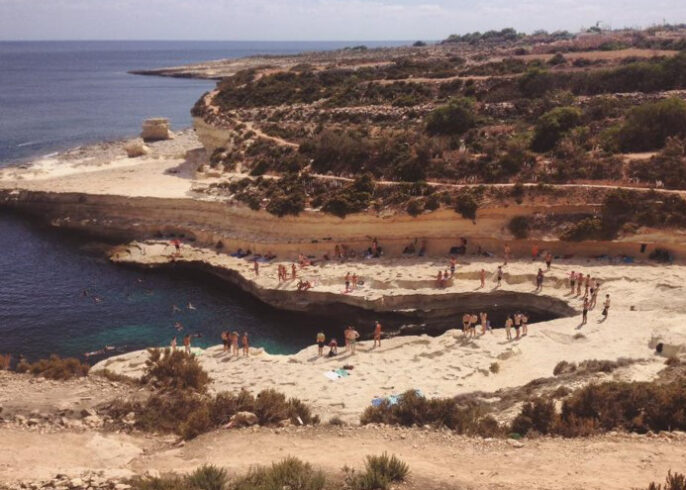
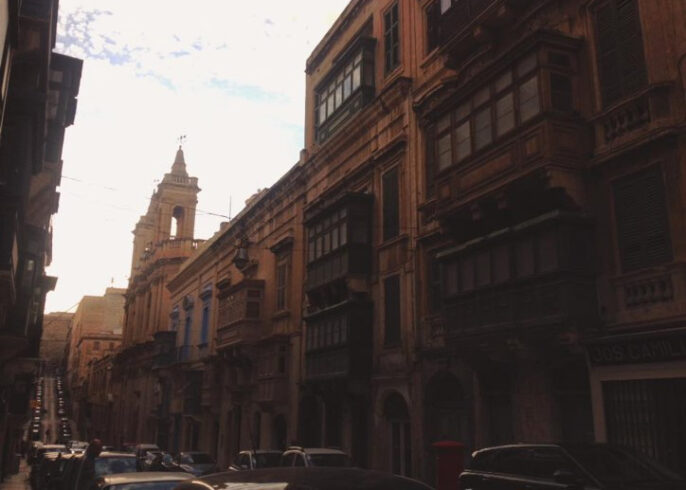
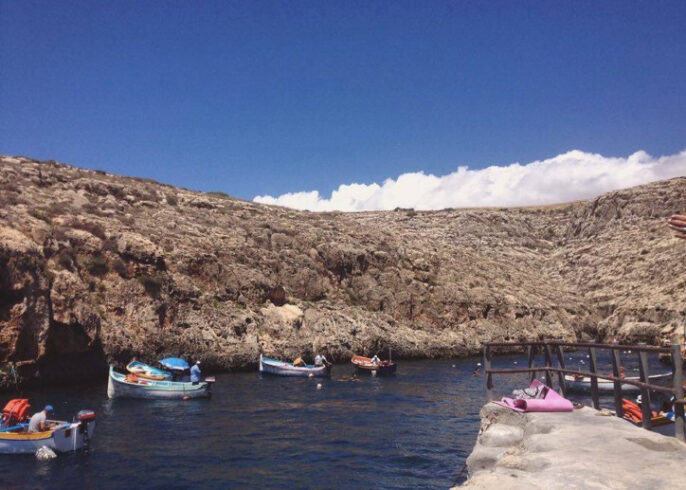
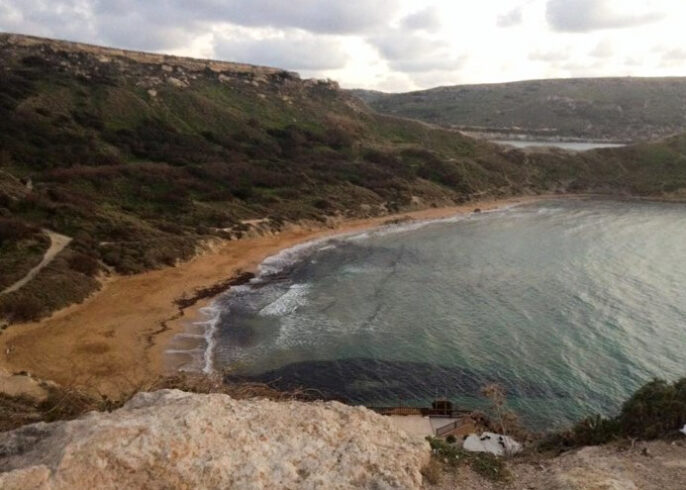
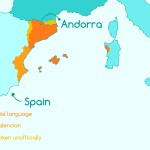
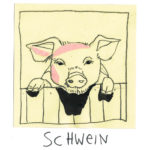



Recent Comments